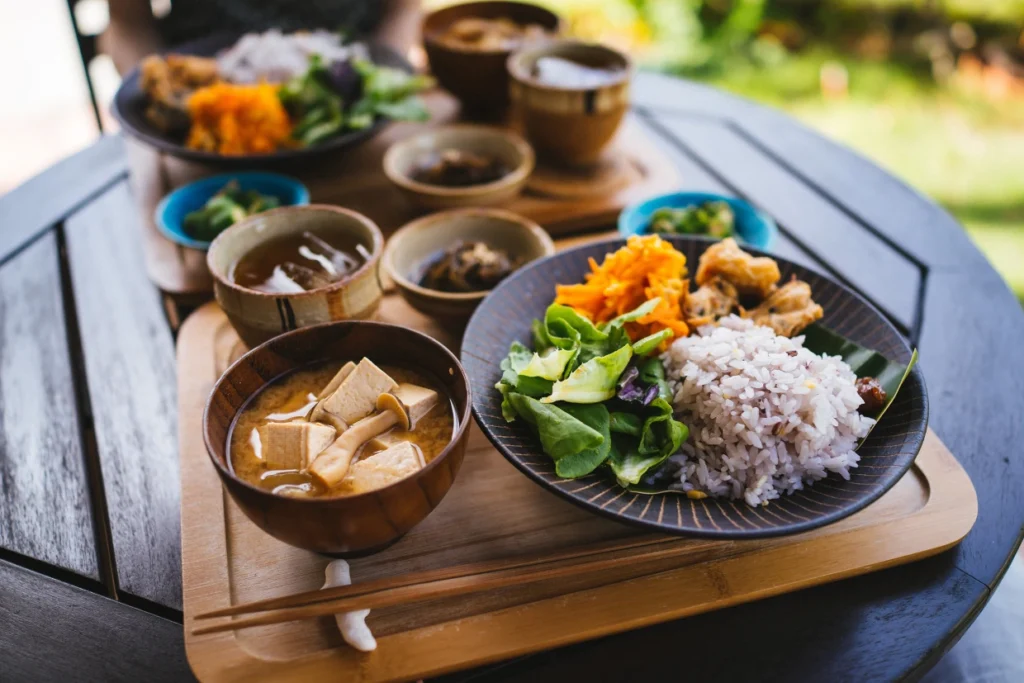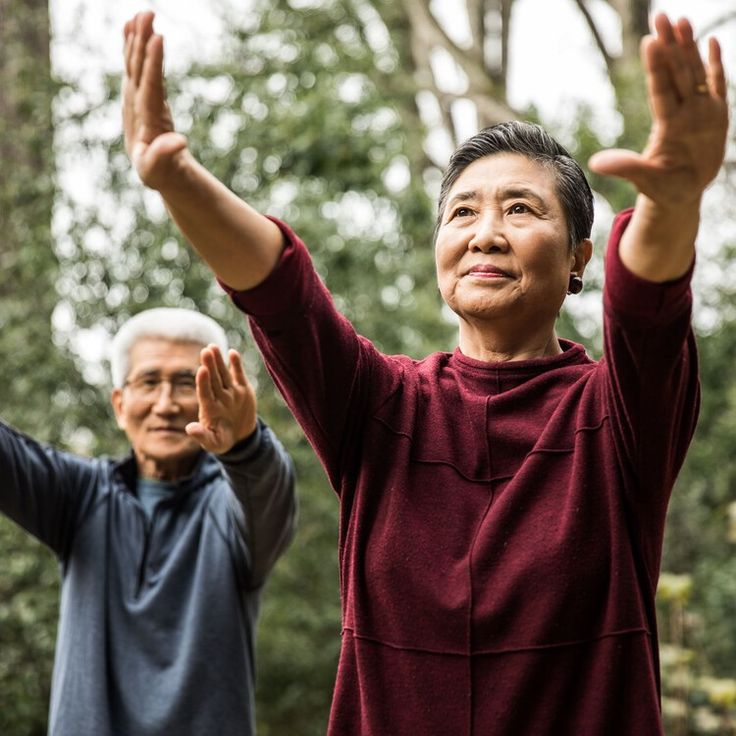
Blue Zone Longevity Secrets, You are meandering through a sun-drenched Okinawan, Japan, community. A bunch of sprightly seniors, all well into their 90s, are laughing together as they tend to their gardens. They move effortlessly, their faces beaming with joy. Across the globe in Sardinia, Italy, a 102-year-old shepherd converses animatedly with his lifetime pals as he climbs a mountainside. These folks are thriving, not only living long.
And what is their secret? More significantly, how can we apply it to our own lives? From these so-called Blue Zones, where individuals routinely live to 100 and beyond, science has revealed amazing discoveries.
Although genes play a part, our lifestyle has far more influence on lifespan than that of our parents. Let’s explore the doable, scientifically supported tactics that will enable us to lead longer, better, and more fulfilled lives.
Discuss The Lifestyles Of People In Regions Known For High Life Expectancy And What We Can Learn From Them.
Regarding their diets, Blue Zone people have a typical pattern: they eat largely plants, keep reasonable portions, and enjoy their meals among excellent company. The main lessons are:
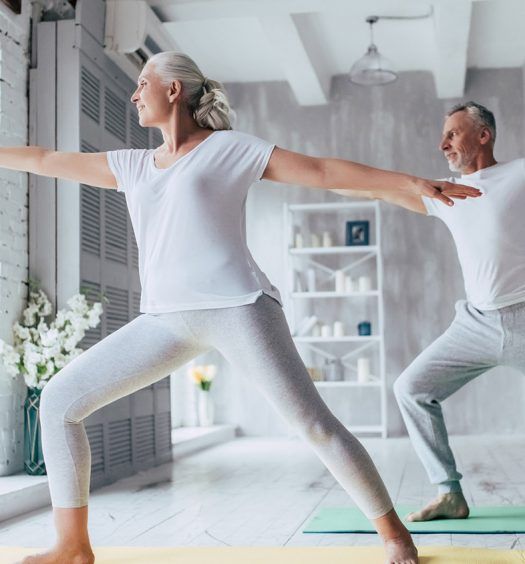
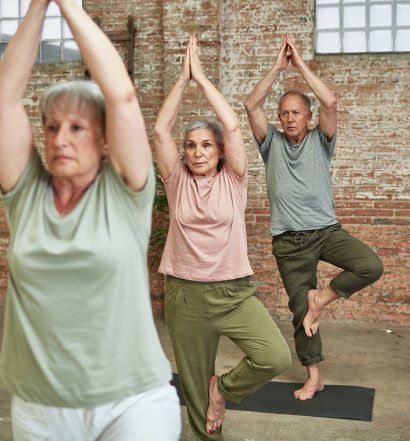
Blue Zone Longevity Secrets, Forget the treadmill or the newest exercise fad; people in Blue Zones remain fit just from leading active lifestyles. They plant regularly, walk everywhere, and naturally include movement into their daily activities.
Sardinian shepherds walk miles a day, and Okinawans easily squat up and down while seated on the floor. Regular low-intensity activity preserves muscular mass, cardiovascular health, and flexibility.
Strength through daily activities, Without a regular exercise routine, activities such as carrying groceries, playing with grandchildren, or cutting wood can significantly enhance one’s endurance and strength.
Many Blue Zone residents regularly perform moderate stretching or meditative movement to keep their bodies supple and help lower stress.
Loneliness is a substantial risk factor for disease and early mortality, not just a nasty emotion. People in Blue Zones prioritize social relationships and preserve close-knit communities.
Family first, centenarians share meals and chores while often living with or close to their families. Studies have linked strong familial bonds to reduced stress and longer lifespans.
In Okinawa, communities called moais offer social support for a lifetime, lowering stress and encouraging a feeling of belonging.
Commonality throughout all Blue Zones is purpose-driven living, that is, having a cause to get up in the morning (or ikigai, as the Japanese term it). Volunteering, looking after grandchildren, or following a passion all help to drive lifespan.

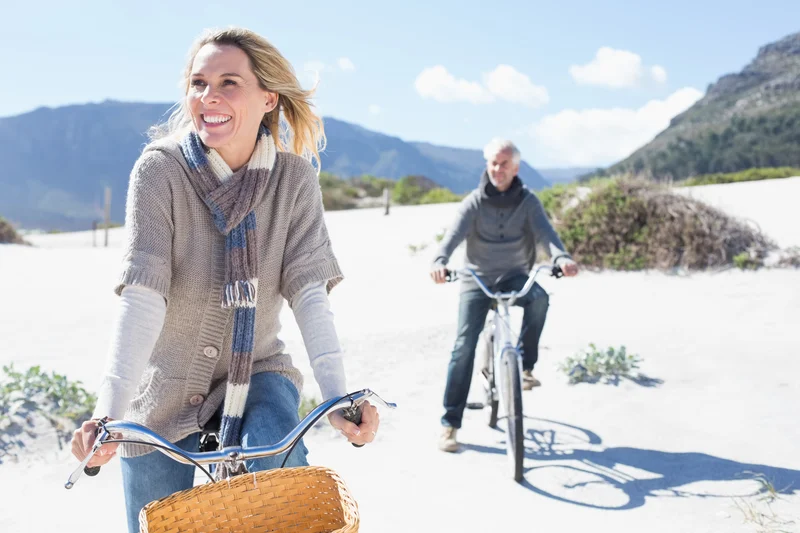
Our bodies suffer under chronic stress, which also accelerates aging and raises illness risk. Blue Zone citizens have developed natural stress-relieving techniques:
Blue Zone Longevity Secrets, Not surprisingly, here, length of life depends on sleep. Without depending on alarms or sleep aids, Blue Zone centenarians consistently get good-quality sleep.
Go to bed early and wake up with the sun; natural light exposure promotes deep, restful sleep and helps control circadian rhythms.
Unlike in modern culture, where blue light disturbs sleep cycles, Blue Zone residents relax naturally in the evenings. They avoid using screens before bedtime.
Short, 20- to 30-minute naps can help with cognitive ability and stress management.
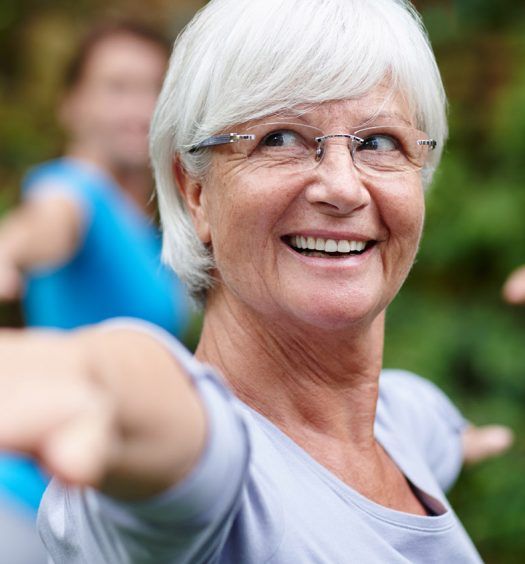
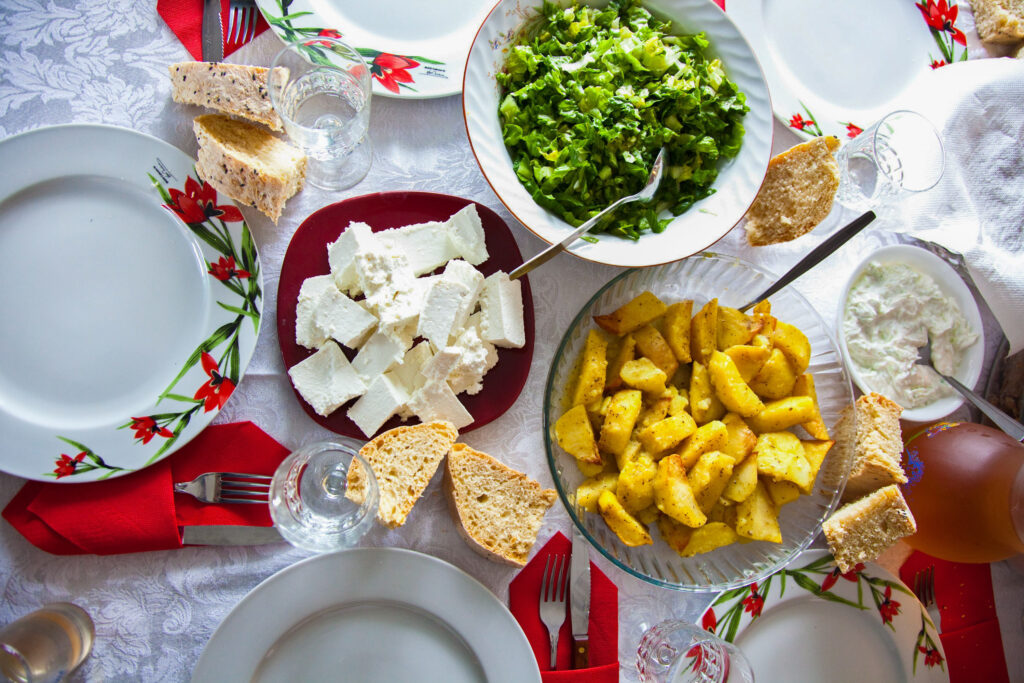
In some Blue Zones, including Sardinia, moderate alcohol intake, especially red wine, is regular. The key is to consume it socially, during dinners, and never in excess.
Sardinians savor Cannonau wine, rich in polyphenols that support heart function.
Drink with friends, not alone. Moderately social drinking can help one be happy and relaxed.
Balance is important; if you already drink, keep it modest and match it with excellent food and company; if you do not already drink, then there is no reason to start.
One recurring topic in Blue Zones is a close relationship to nature. Being outside improves physical as well as psychological well-being.
Daily time outside and fresh air lower stress and boost well-being, whether one is walking by the seaside or caring for a garden.
Walking barefoot on natural surfaces and getting daily sunshine regulates the body’s internal clock and boosts vitamin D levels.
Living in sync with nature, many Blue Zone dwellers match their daily schedules to natural light, therefore avoiding the synthetic overstimulation typical of modern living.
